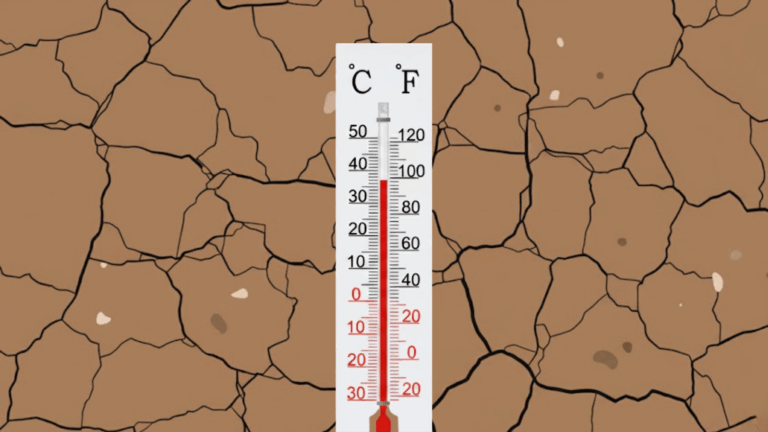A New Unifying Issue: Just About Everyone Hates Data Centers
Recent election results and evidence from states show misgivings about the growth of AI and the ramifications for energy costs and the environment.
Current Access Level “I” – ID Only: CUID holders, alumni, and approved guests only
Past Event
April 7, 2022
12:00 pm - 1:00 pm
Last month the Intergovernmental Panel on Climate Change released a report finding that climate change is already causing widespread damage, with much worse to come in the decades ahead if emissions continue to climb. UN Secretary General Antonio Guterres called the report “a damning indictment of failed climate leadership.”
In the first paragraph of his new book Fire and Flood, award-winning journalist Eugene Linden echoes Secretary General Guterres, asking “What were the decisions, or lack thereof, the missed opportunities, the political failures that caused a technologically advanced civilization to continue to alter earth’s climate even as its leaders knew better?” Linden explores climate policy from 1979 to the present, recounting the growth in scientific understanding, political forces that shaped decision making, and more. Based on this history, he concludes with recommendations for “a livable future.”
The Center on Global Energy Policy hosted Eugene Linden for a discussion on his new book, Fire and Flood, followed by a dialogue between Linden and CGEP Inaugural Fellow David Sandalow.
—
This event is open to Columbia University students only. Join the Center on Global Energy Policy’s Women in Energy initiative for an interactive discussion on human rights and...

*Registration is closed for this event. The Center on Global Energy Policy at Columbia University SIPA's Women in Energy initiative, in collaboration with the Columbia Policy Institute, invites...

While various efforts continue to be made to estimate fashion’s environmental footprint, major gaps remain in how to decarbonize material production and reshape business practices.

This event is at capacity, registration is closed. In the wake of federal rollbacks, climate professionals are increasingly turning to state and local governments, philanthropy, and the private...

As diplomats meet in Brazil for COP30, global resolve to tackle the climate challenge appears badly frayed.

The fashion industry sits at the intersection of climate, energy, and consumption, facing growing pressure to cut emissions, transition to clean energy, and build circular systems across global supply chains.

As the host of COP30, Brazil has an unprecedented platform to demonstrate its climate leadership.
